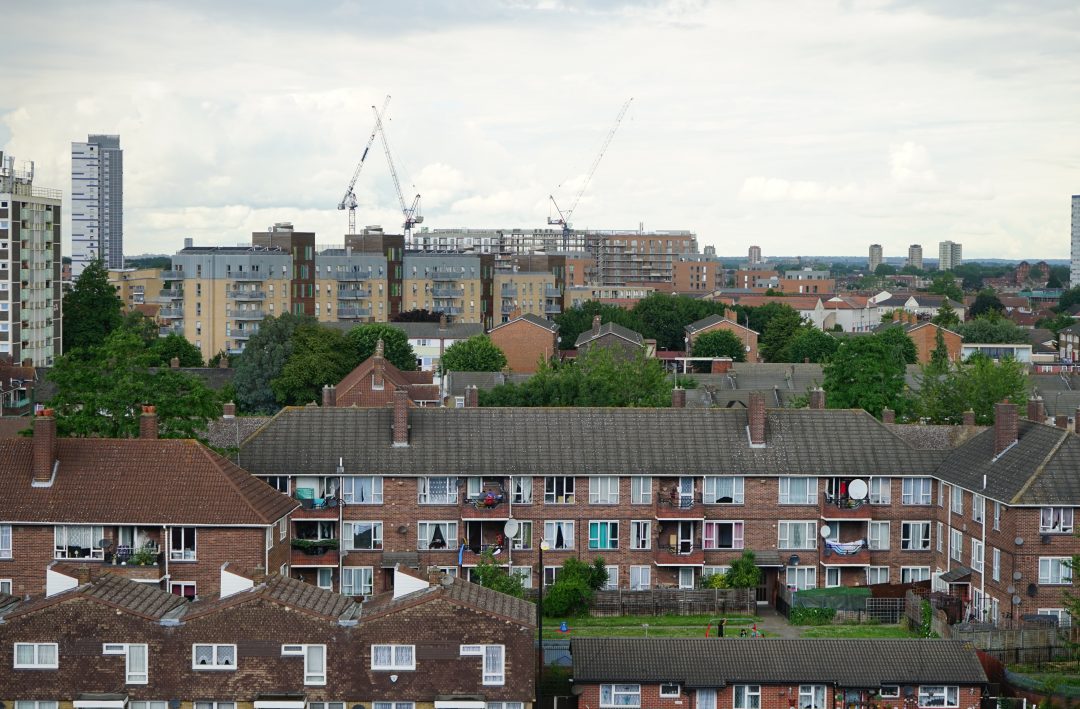The impact of deprivation on COVID-19 deaths in the North of England


COVID-19 death rates were consistently higher in areas of socioeconomic disadvantage across the country, and even higher in deprived areas of the North.
The most deprived local areas in the North had 14.5% more deaths per 10,000 than those in equally deprived areas in the rest of England.
Anyone with an interest in health inequalities linked to socio-economic factors and the social determinants of health
The COVID-19 pandemic took place against a backdrop of social and economic inequalities.
Across the country, COVID-19 exacerbated existing health inequalities, with higher levels of deaths experienced in socially disadvantaged communities.
This research set out to explore the relationship between social disadvantage and deaths from COVID-19.
Researchers analysed official data of COVID-19 death rates from March 2020 to April 2021 by local area (Middle Super Output Areas – MSOAs) to understand the relationship between deprivation, region and COVID-19 mortality rates.
The research found that across England, the most deprived 20% of local areas had higher mortality than the least deprived (44.1% more COVID-19 deaths/10,000).
However, the most deprived local areas in the North (Yorkshire and Humber, North West and North East) fared worse than equally deprived areas in the rest of England (14.5% more deaths/10,000 in the Northern deprived areas compared to the rest of England).
There was evidence of an association between COVID-19 deaths and area-level deprivation – but the impacts of deprivation on deaths was higher in the North: the researchers call this the ‘deprivation amplification’.
The authors’ previous research had already identified significant regional inequalities with high rates of COVID-19 deaths in the north regions.
However, this new research shows that there was an amplification of the effects of deprivation on COVID-19 deaths in the most deprived areas of the North.
The findings add to a growing body of evidence of an unequal pandemic resulting from inequalities that are caused by the social factors that influence health – including housing conditions, employment and access to good-quality health care.
There is a clear relationship between deprivation and deaths from COVID-19.
Understanding the relationship between COVID-19 mortality rates and deprivation is complex.
Deprivation is affected by wider social determinants of health such as housing, working conditions, unemployment, healthcare access etc. This can cause higher exposure to a virus, for example people in low-income jobs are less amenable to remote working so employees were less able to benefit from local lockdown restrictions and working from home.
Self-isolation is also harder in overcrowded housing and densely populated areas. In addition, people living in more deprived areas of the North have higher clinical risk factors (such as underlying health conditions like heart disease or diabetes).
Place-based health action is needed to improve health outcomes and reduce inequalities.
The findings support the importance of the levelling-up agenda – which will help to tackle some of our deepest health inequalities.
This work was co-authored by ARC NENC Inequalities lead Professor Clare Bambra from Newcastle University
Published in Health and Place, November 2022
Read the full paper:
Co-authors: Luke Munford, Sam Khavandi